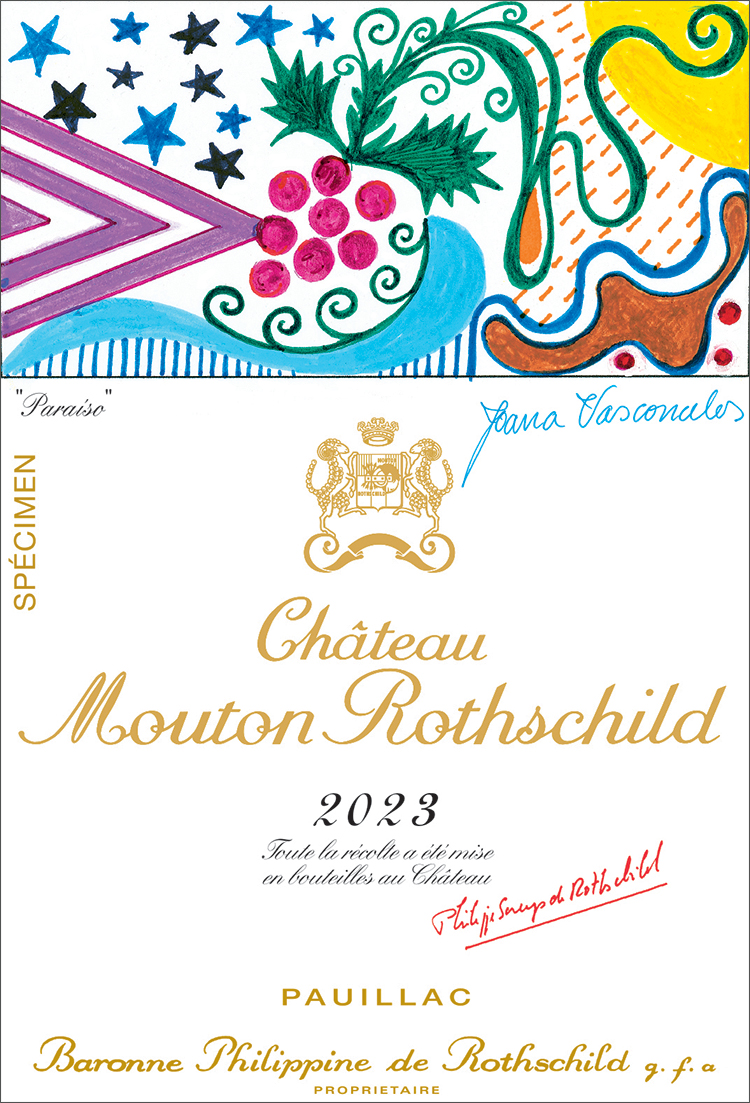Wine's world
Michelin's Wine Guide
06/12/2025
When we learned that Michelin had acquired (40% in 2016, then 100% in 2019) Robert Parker's magazine, The Wine Advocate, we suspected that their intention was ultimately to add a wine guide to their publications.
This will soon be a reality, as Michelin has just officially announced the publication of its Wine Guide in early 2026, in which wine estates will be awarded 1, 2 or 3 bunches, similar to the stars awarded to restaurants.
Their ranking is based on five factors: the quality of the agronomy, the technical expertise in the cellar, the personality of the estate, the balance of the wines and the consistency of production quality (by taking over The Wine Advocate, Michelin has gained access to 38 years and 500,000 ratings from Robert Parker).
For this first edition, the guide, which is available in digital format only, will focus exclusively on Bordeaux and Burgundy vineyards, but Michelin intends to gradually expand it to include other French and foreign vineyards. This eagerly awaited guide is already raising many questions:
- Will wine producers, like some restaurant owners, agree to be ranked in this way, or will they prefer not to be included in the Michelin Guide?
- Do wine lovers really need a digital guide to find out which producers are good (given that it is not individual vintages that are rated, but rather the estates' overall production, including all wines and vintages)?
- Will the number of grapes directly influence the pricing policy of the promoted estates?
- Will Michelin also award “bibs gourmands” to distinguish estates offering good value for money?
- And so on.
Given the power of the Michelin brand, this new Guide is sure to shake up the global wine media landscape. As soon as it is published, we will be sure to tell you all about it...
Mouton-Rothschild 2023's label
01/12/2025
Mouton-Rothschild has just unveiled the label for its new 2023 vintage, which has recently been bottled. The illustration was designed by Joana Vasconcelos, a Portuguese artist known for her monumental and joyful creations.
Her design "Paraíso" (=Paradise), brings together around a bunch of grapes the elements necessary for the birth of a great wine: earth, water, sunshine and the coolness of the night, with the hand of man represented by the tip of a triangle.

Hospices de Beaune 2025
18/11/2025
The Hospices de Beaune auction held last Sunday attracted a large crowd but yielded mixed financial results (despite the triumphant comments appearing in the press):
• Overall, it was the third-best sale in history (nearly €19 million), behind that of 2023 (€23 million) and far from the record set in 2022 (€31 million).
• In terms of average price per unit (228-litrebarrel), whites and reds combined, the increase is only 4.6% compared to last year, while the 2025 vintage is already much more promising and publicised than the 2024 vintage was.

